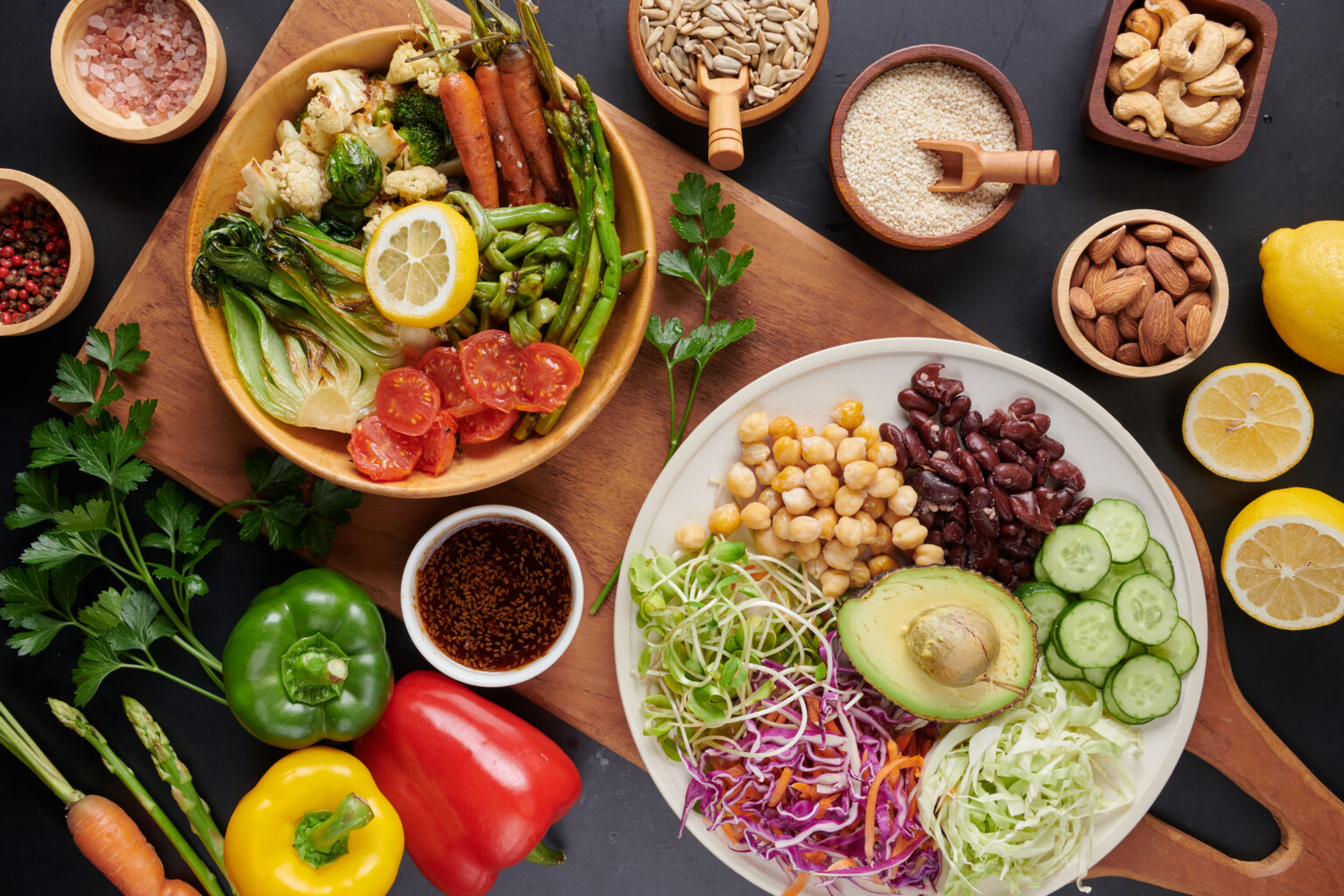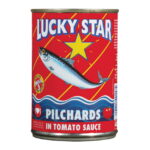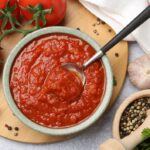A fruitarian vegetarian diet primarily consists of fruits, vegetables, nuts, and seeds, avoiding the consumption of animal products and, in some cases, grains and legumes. While fruits and vegetables are excellent sources of essential nutrients, including vitamins and minerals, obtaining sufficient protein can be challenging for individuals following this dietary choice. However, by incorporating protein-rich foods into a fruitarian vegetarian diet, it is possible to meet the body’s protein needs and maintain a balanced and healthy lifestyle. In this article, we explore various plant-based sources that can help maximise protein intake while adhering to a fruitarian vegetarian diet.
- Nuts and Seeds
Nuts and seeds are powerhouse foods when it comes to protein content. Almonds, cashews, walnuts, chia seeds, flaxseeds, and hemp seeds are all excellent sources of protein, healthy fats, and essential minerals. These foods can be consumed as a snack, added to smoothies, or incorporated into recipes to enhance protein intake.
- Nut and Seed Butters
Nut and seed butters, such as almond butter, peanut butter, and tahini, are not only delicious but also a great source of protein. Spread them on fruit slices, use them as a dip, or incorporate them into dressings and sauces to boost protein content in your fruitarian vegetarian diet.
- Quinoa
Quinoa is a pseudo-grain that is considered a complete protein source, meaning it contains all essential amino acids. It is versatile, easy to cook, and pairs well with various fruits and vegetables. Incorporating quinoa into salads, stir-fries, or as a side dish can significantly increase protein intake in a fruitarian vegetarian diet.
- Sprouted Grains
Sprouted grains, such as sprouted brown rice, sprouted wheat, and sprouted barley, are highly nutritious and offer increased protein availability compared to their unsprouted counterparts. These grains can be used in salads, soups, or as a base for fruitarian vegetarian meals, providing an additional protein boost.
- Spirulina
Spirulina is a blue-green algae known for its high protein content. It is also a rich source of vitamins, minerals, and antioxidants. Adding a teaspoon of spirulina powder to smoothies, fruit bowls, or even homemade energy bars can be an effective way to increase protein intake in a fruitarian vegetarian diet.
- Leafy Greens
While leafy greens may not be known for their protein content, they can still contribute to overall protein intake when consumed in larger quantities. Vegetables like spinach, kale, and collard greens contain a modest amount of protein and are packed with other essential nutrients. Including generous servings of leafy greens in meals can be a valuable addition to a fruitarian vegetarian diet.
- Plant-Based Protein Powders
For individuals looking to further enhance protein intake, plant-based protein powders can be a convenient option. Pea protein, brown rice protein, and hemp protein powders are popular choices among fruitarian vegetarians. They can be mixed with water or added to smoothies, making it easy to reach protein goals.
Following a fruitarian vegetarian diet does not mean compromising on protein intake. By incorporating protein-rich foods into your meals, you can ensure you meet your protein requirements while enjoying the benefits of a plant-based lifestyle. Nuts, seeds, nut butters, quinoa, sprouted grains, spirulina, leafy greens, and plant-based protein powders are all valuable additions to consider. It’s important to remember that variety and balance are key to obtaining all essential nutrients, so experiment with different foods and combinations to create a diverse and nutritious fruitarian vegetarian diet.








